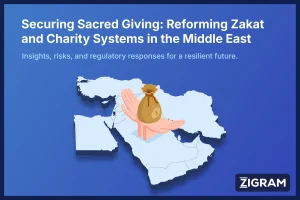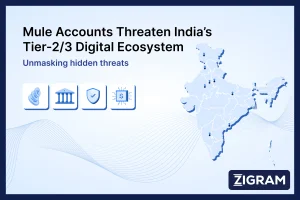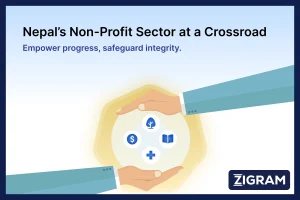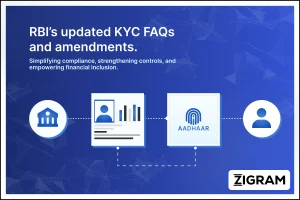With extensive globalisation and increased cross-border connectivity, the risk of malpractice in financial transactions also increases. With each nation observing a different law for carrying out transactions, criminals find loopholes to curate fraudulent schemes. This is the reason why the risk of laundering money increases multi-fold in the case of cross-border transactions. It does not come as news that criminals often use cross-border transactions to hide the source and destination of illicit funds, thereby making it challenging for regulatory authorities to detect and prevent money laundering. This is also due to the complexities of different regulatory and legal frameworks across nations, and the presence of foreign entities and individuals that may not be well-known to financial institutions and their regulations.

Domestic vs. International AML Regulations
For authorities worldwide, enforcing AML regulations in domestic transactions is generally easier since financial institutions are more familiar with the customers and the regulatory framework. As a result, AML regulations for domestic transactions may not require the same level of scrutiny as those meant for international purposes. In most cases, domestic transactions only require basic KYC measures, such as verifying the customer’s identity and source of funds.
Contrary to this, AML regulations in international transactions require more stringent measures to mitigate the increased risk of money laundering and terror financing. These measures include more in-depth KYC procedures, enhanced due diligence, and sanctions screening, as well as monitoring for suspicious transactions and reporting to regulatory authorities.
So how does monitoring these cross-border transactions become challenging for nations?
Institutions not only have to comply with their domestic country’s laws but also with the AML laws and standards set by international organizations such as the Financial Action Task Force (FATF). The technology required for AML compliance in international transactions may also be more advanced and expensive than those required for domestic transactions.
Leaving no room for respite, fraudsters today even invent their creative ways of moving around money illegally. With the advent of AI and niche technologies, the use of cryptocurrency and merchant-based money laundering has become easy yet effective ways of carrying out financial crimes.
What seems like the root cause is that while a few may be willing, other countries may be reluctant to implement AML regulations due to concerns about the impact on their economy, or political considerations. This can make it challenging to establish a coordinated global approach to AML regulation. The need of the hour is a sophisticated technology that can help financial institutions detect, report, and terminate suspicious activities. This would also help increase investor confidence in foreign markets, making investments more profitable and safer. Therefore, a collaborative effort between governments, financial institutions, and technology experts is crucial to ensuring a safer and more transparent global financial system.
ZIGRAM is the one-stop solution for all your compliance needs. Try our FREE DEMO to experience what you’re missing in your AML and KYC processes!
- #CrossBorderTransactions
- #MoneyLaunderingRisk
- #InternationalAML
- #RegulatoryChallenges
- #FinancialCrime
- #KYCProcedures
- #EnhancedDueDiligence
- #SanctionsScreening
- #SuspiciousTransactionMonitoring
- #FATF
- #TechnologyInAML
- #DataPrivacy
- #AMLFrameworks
- #CryptocurrencyAndAML
- #GlobalApproachToAML
- #InvestorConfidence
- #CollaborativeEffort oAML
- #TransparentFinancialSystem
- #HolisticApproach
- #FinancialRegulations
- #TechnologyInnovation
- #GlobalFinancialIntegrity






